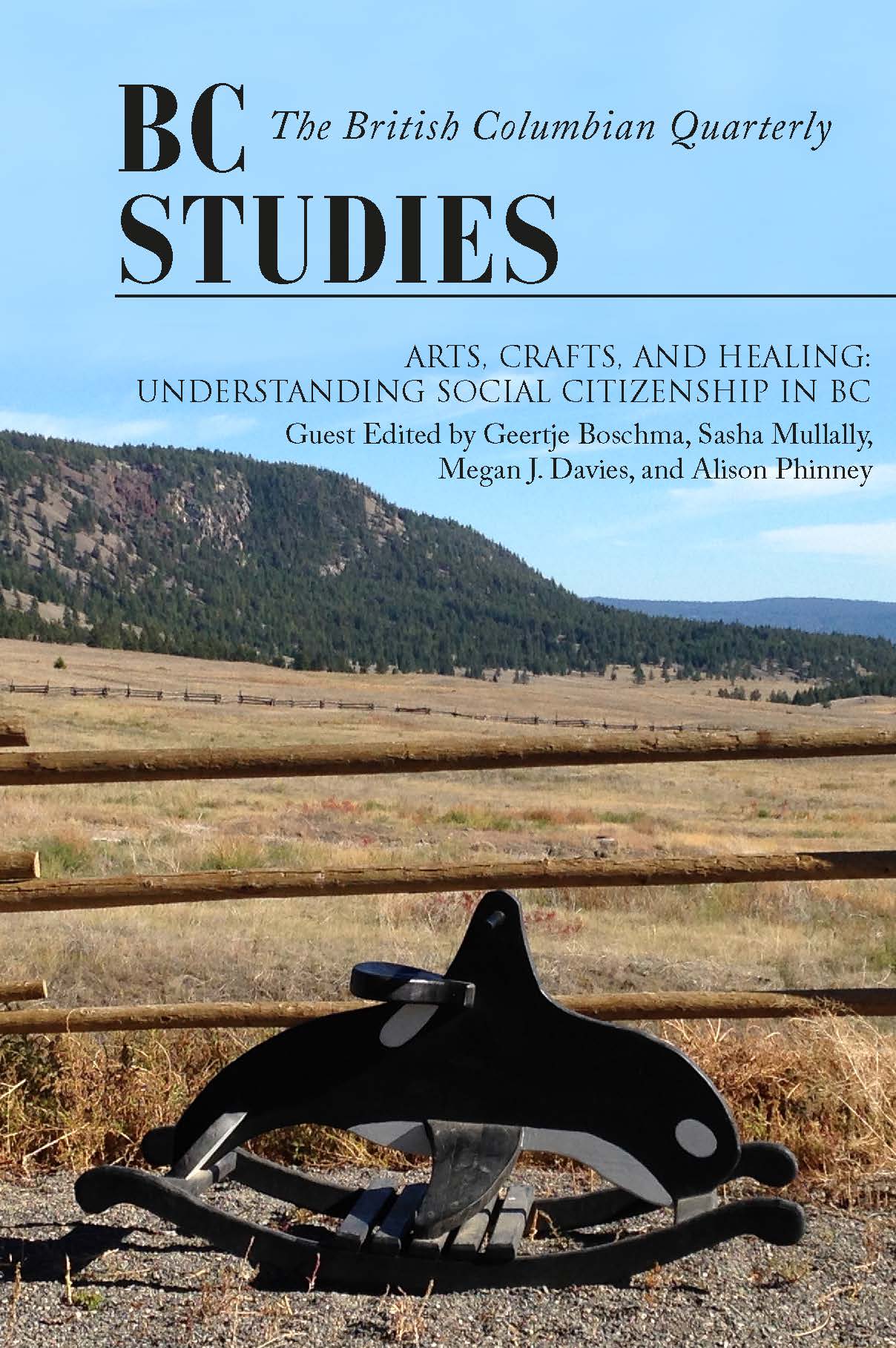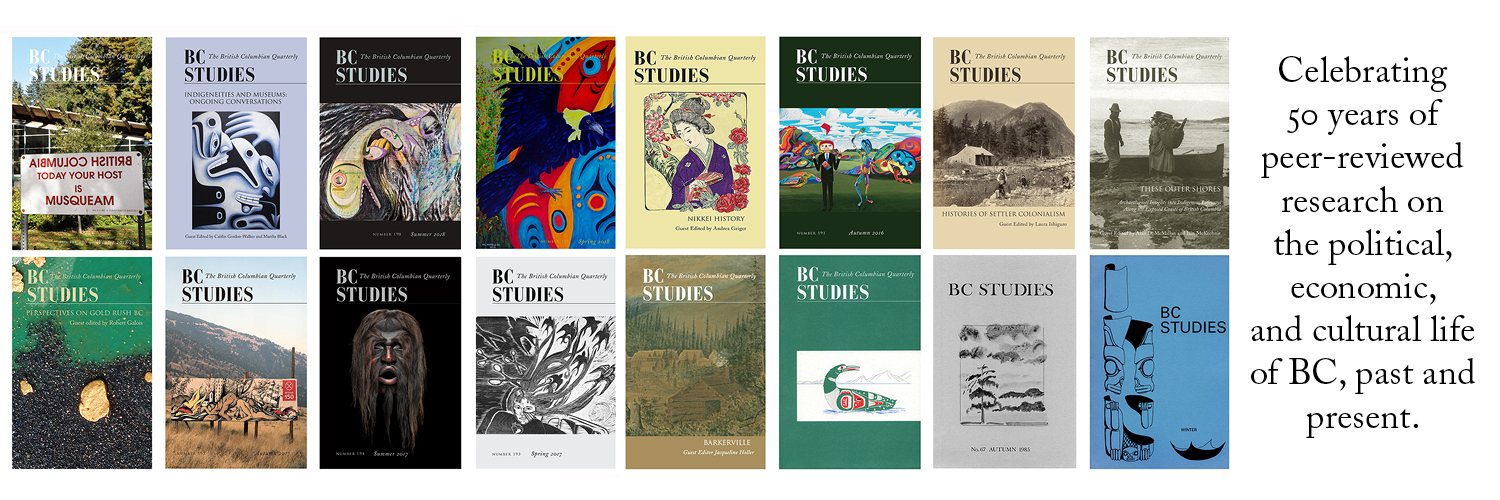Intergenerational Dance in Long-Term Residential Care: Social Citizenship in Dementia Care
DOI:
https://doi.org/10.14288/bcs.v0i202.190767Abstract
To view the accompanying Digital Story, visit:
https://bcstudies.com/digital_stories/dance/
Older adults living with dementia in long-term residential care homes present complex care challenges related to their cognitive, communication, and functional losses. Their enduring potential and abilities are often obscured by a focus on their deficits and disabilities. As a result, care staff struggle to ensure their quality of life and well-being. Reductionist views support assumptions that residents living with dementia have limited ability to participate in, and benefit from, meaningful activities and relationships. Negative views and diminished opportunities for engagement effectively strip these residents of their personhood and citizenship. In recent decades a broader view of persons living with dementia has emerged, recognizing their enduring potential for meaningful engagement; and, increasingly the arts have been explored in dementia care programming to support meaningful engagement.
Our six-month research study highlights the enduring capacity for inclusion and engagement experienced by residents living with dementia through their participation in an innovative intergenerational dance program in British Columbia’s Lower Mainland. Imagine Dance blends elements of dance movement therapy with intergenerational programming, partnering school-aged children with residents living in long-term residential care homes in ballet classes. Through partnering with the children and working towards shared goals in weekly dance classes, the residents in our study formed relationships and found community. Our findings support the potential that arts-based programming holds for providing meaningful engagement and promoting social citizenship for people living with dementia in long-term residential care.



